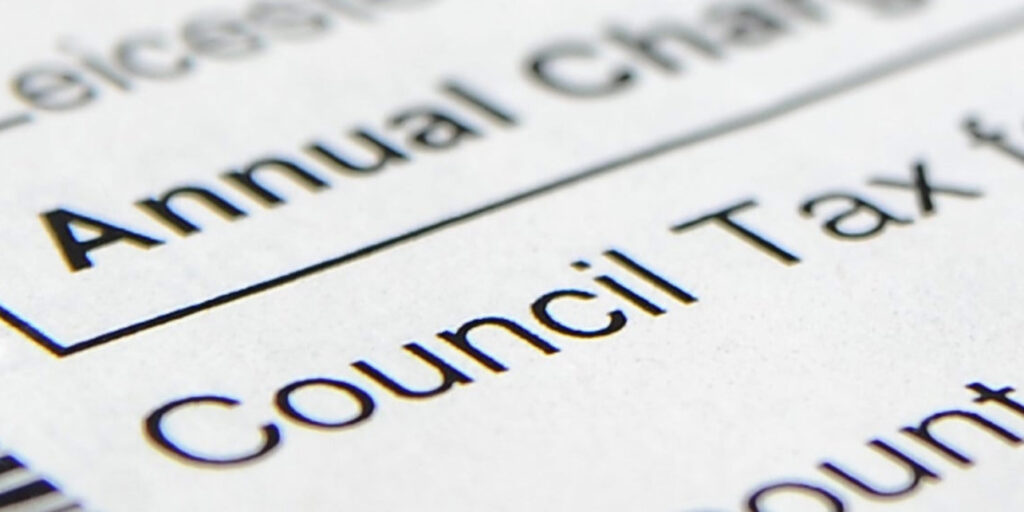Several cash-strapped local authorities in the UK have been granted permission by the government to raise council tax by more than 5% this year, in an effort to prevent financial collapse.
The Government‘s final funding settlements, confirmed on Monday, have authorized six councils to increase their tax rates substantially above the standard limit without the need for a referendum.
Among those councils, Newham in London is set to increase its council tax by 9% in April, as part of measures to balance its financial books.
This increase translates to an additional £131 for an average Band D household, inclusive of the City Hall precept for funding the Metropolitan Police, Transport for London, and the Fire Brigade. Similarly, Windsor and Maidenhead, initially seeking a 25% hike, have been permitted a 9% rise.
Other regions seeing significant increases include Birmingham, Bradford, Somerset, and Trafford, all with adjustments around 7.5% to 10%. Most other local authorities are anticipated to implement a 5% hike.
This year has seen a record number of London boroughs—Lambeth, Newham, Havering, Croydon, Enfield, Barnet, and Haringey—applying for emergency financial support from the Government amidst soaring social care and temporary housing costs, with several warning of potential insolvency without further aid.
Angela Rayner, Deputy Prime Minister, highlighted that decisions regarding exceptional financial support, which could include emergency loans or asset sales, will be announced later this month.
The Government has adopted a stricter stance on allowing tax increases above 5%, reserving approval for councils with relatively low existing tax levels and considerable financial distress.
The measures have sparked a response from local leaders, such as Newham’s Mayor Rokhsana Fiaz, who attributed her borough’s £157 million budget shortfall to the rising cost of temporary accommodation for homeless families.
Despite the challenging circumstances, Mayor Fiaz assured continued support for vulnerable residents through council tax reduction schemes.
The backdrop of these financial adjustments is a wider context of escalating service demands and insufficient funding, which has left many councils under severe financial pressure.
The increasing burden of homelessness, in particular, poses a profound challenge to local finances, driving councils like Croydon into repeated instances of bankruptcy and others into significant debt.
As local authorities brace for tough economic times, the Government’s selective approval of tax increases reflects a balancing act between mitigating financial distress and safeguarding taxpayer interests.


